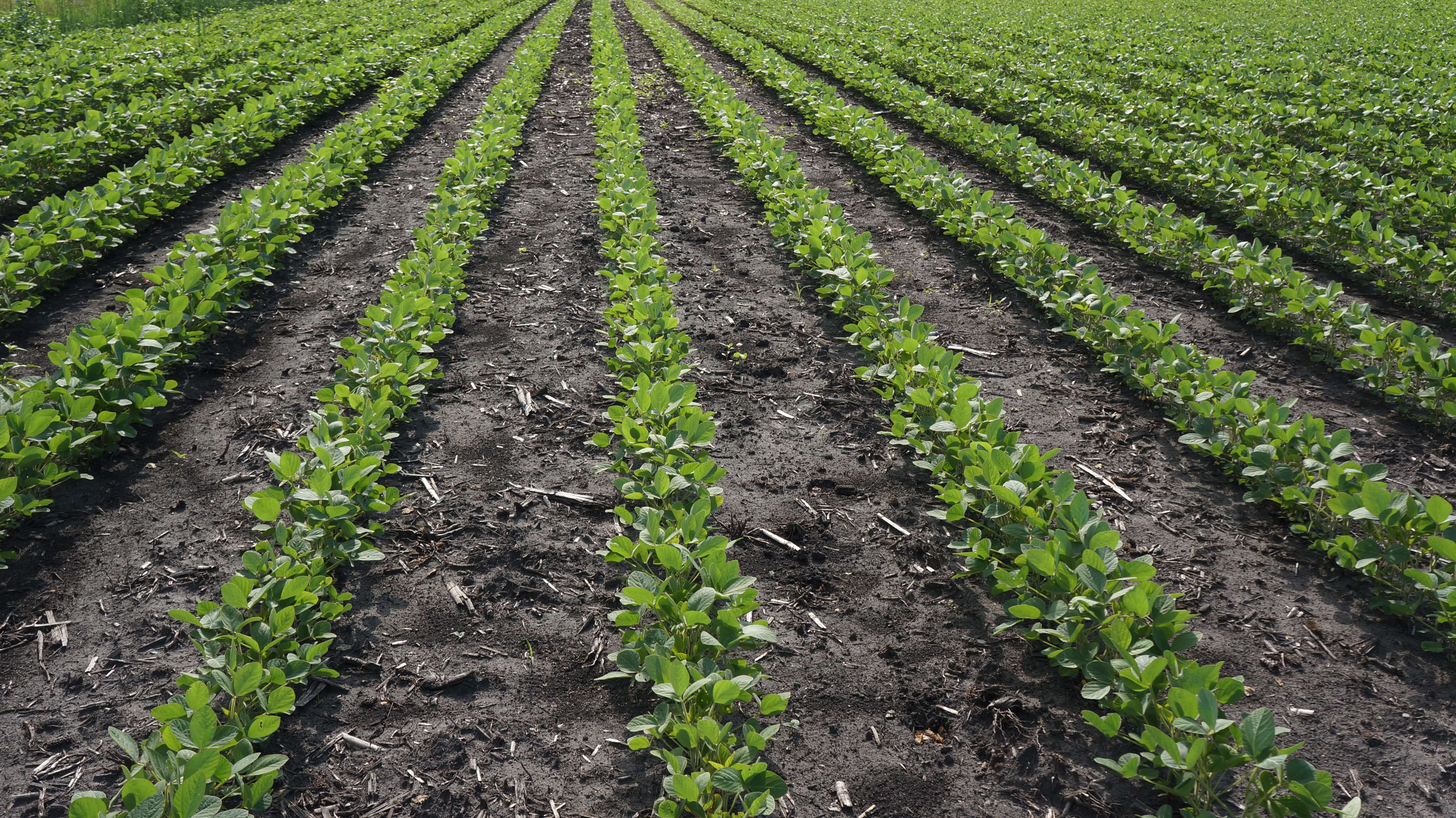What We Learned from 2021
Dec 09, 2021

Kelly Els
Sales & Marketing Manager
Overall, most of us are pleased with the yield results this year. The dry conditions that we experienced this year gave all of us an uneasy feeling that we were going to be disappointed with yields that it was going to be the year we “almost” had. When you look at rainfall for the months of May, June, July & August, much of our area was 5” behind normal. This coupled with coming off a dry 2020, meant that there was not a lot left in reserves. The good crop that got started was going to struggle to finish strong. However, like driving a car that constantly has the low fuel light on, we were able to make it to the next gas station for a splash of gas or in this case the next shower to get a little splash of moisture and continue on. With corn yields 10-20 bushels above average and bean yields 10+ bushels above average, we were pleasantly surprised with yields. With that said there are a few things other than how efficient we can be with moisture.
Drought tolerance in new hybrids is real!
We have heard for years how the seed companies are improving the drought tolerance in the new hybrids. This is good, but it was hard to see in prior years. In most of those years, lack of moisture did not seem to be limiting factor, too much moisture seemed to be more of an issue. I do believe that we had the potential to see this last year with the dry conditions in 2020, but the Derecho ruined any chance we would have to see the actual data, so we moved on to 2021. Thankfully this year, we did not see another Derecho. However we did have to battle the dry conditions and on top of that, not a lot left in reserves, so limited moisture was put to a test. These new hybrids, especially brands like Dekalb thrived in these drier than normal conditions. Yields exceeded expectations and then some. I credit this to getting the crop started off right, not having too much moisture, but also the genetics. The drought tolerance in these new genetics allows the plant to be more efficient with moisture. A lot of work has been put into developing genetics that are more efficient with moisture. It is years like 2021 that we finally see these new genetics shine.
Fungicides for soybeans should be part of a normal crop protection program
Prior to 2021, the application of fungicides on soybeans were not a priority. It was the last dollar spent, soybean prices were less than ideal and the response while consistent was only 4 to 5 bushels. Definitely a Return on Investment, enough to pay for the cost of application and put a couple bushels in your pocket, but just not that exciting. After all we are talking about soybeans, corn’s little brother. Fast-Forward to 2021, it is still the last dollar spent, commodity prices have improved, but it is dry, not exactly a disease environment. If we saw 4 to 5 bushel response in normal to wet years, what are we going to see in dry years? How about 8 to 10+ bushel responses! How are we seeing this much of a positive response in a dry year? What we believe we are seeing is the fungicide’s ability to help the soybean plant manage stress. The fungicide is helping to prevent diseases from getting established on the plant. When the disease is present, the soybean plant is not as efficient in grain production. When you have a dry year, the plant is also not as efficient in grain production. Therefore even in a dry year, even smaller outbreaks of foliar diseases have detrimental effects on yields. This is because the soybean plant is already dealing with another stress, moisture stress. When we reduce stresses in soybeans as well as corn, we unlock yield potential and that is what we saw this year.
These are just a few of things that I learned this year. Some of it is surprising and some of it is not. Every year is different, but some things remain the same. The main goal is to learn from each year and incorporate the true yield advances into the following year’s crop.